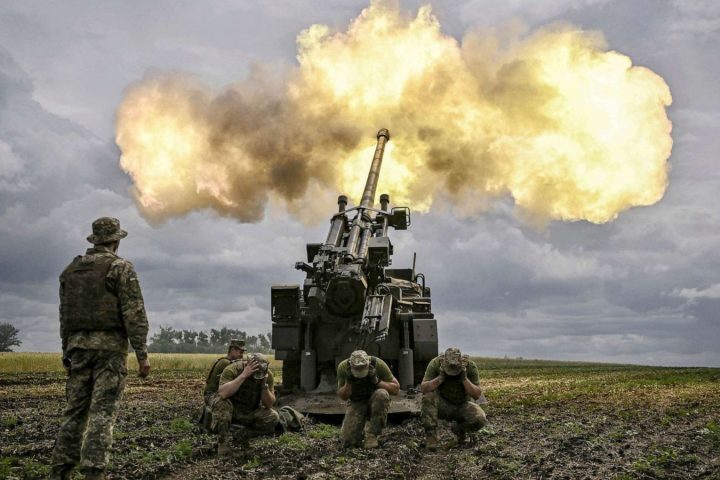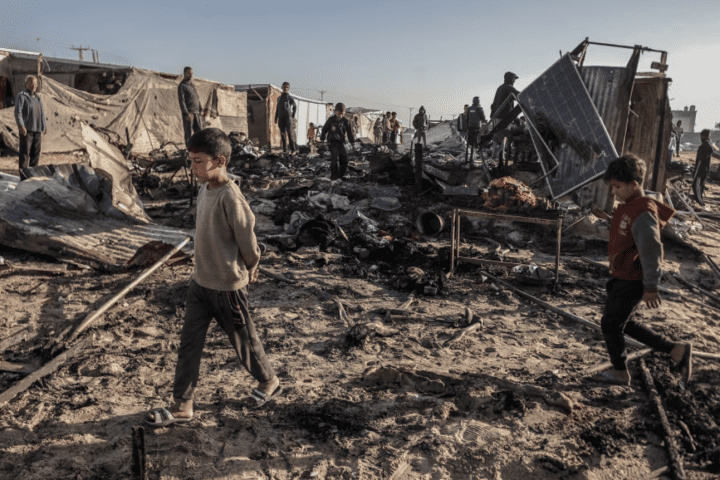Russian company Transneft, which controls the supply of more than 80% of the country’s oil, has warned producers of possible interruptions in the reception of raw materials after a series of attacks by Ukrainian drones on key oil terminals and refineries, several industry sources told Reuters on Tuesday.
On its website, the company called reports of plans to reduce volumes “fake” and part of an “information war” against Russia.
Ukraine stepped up attacks
Since late summer, Ukraine has stepped up strikes on Russian energy infrastructure. According to military personnel in Kyiv and the agency’s interlocutors in the oil industry, at least ten refineries have been damaged, temporarily reducing refining capacity by almost 20%. The strikes also hit major ports – Ust-Luga and Primorsk, through which a significant portion of exports pass.
Russian authorities have not officially disclosed the scale of the damage, but Reuters sources say that Transneft has restricted companies’ access to its storage system and warned of the risk of a reduction in oil reception in the event of further attacks. If the situation continues, the country, which accounts for about 9% of global production, will have to cut production.
Ukraine says the attacks on oil facilities are the “fastest sanctions.” According to President Volodymyr Zelensky, they are a significant blow to the Russian economy. Last week, drones disabled the largest port of Primorsk for the first time since the war began, through which more than a million barrels of oil can be shipped daily.
Unlike Saudi Arabia, Russia does not have large oil storage tanks. That is why interruptions in the operation of refineries and terminals create serious risks for the entire industry. JP Morgan notes that this limits the country’s ability to increase production. Goldman Sachs analysts add that a decrease in refining could lead to storage overloads.
However, banks believe that the decline in production will be moderate — demand from China and India remains high, and Asia remains the main market for Russian oil.
Reminder, US President Donald Trump said he had a telephone conversation with Indian Prime Minister Narendra Modi in an effort to ease tensions between the countries over new US tariffs on Indian exports and New Delhi’s continued purchases of Russian oil.















